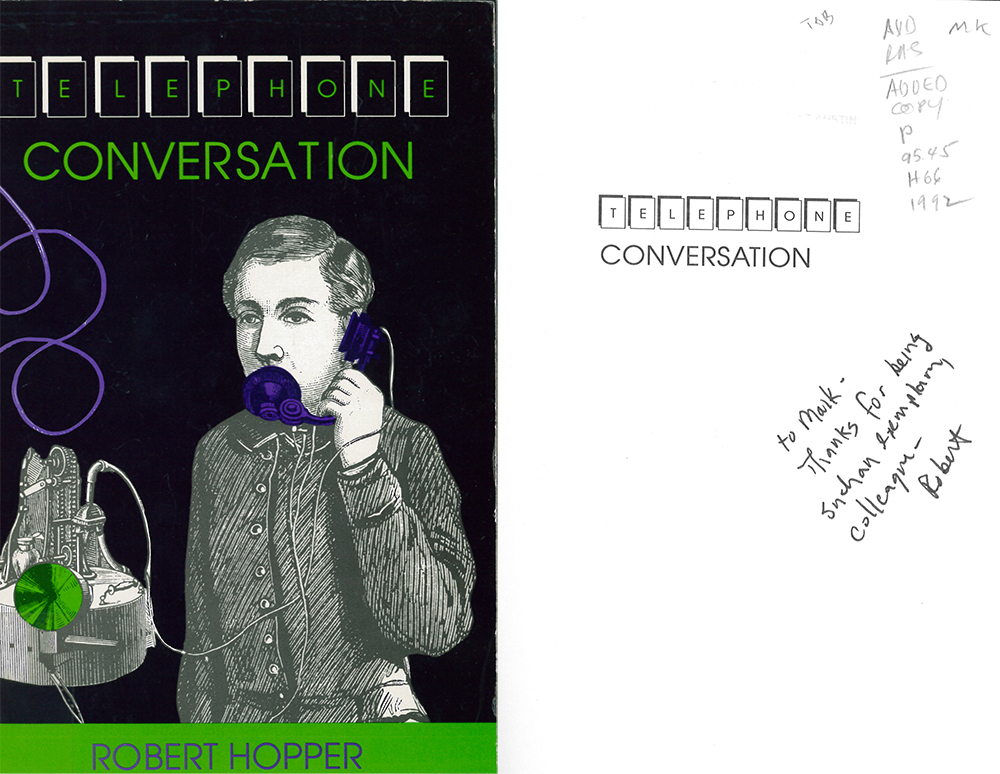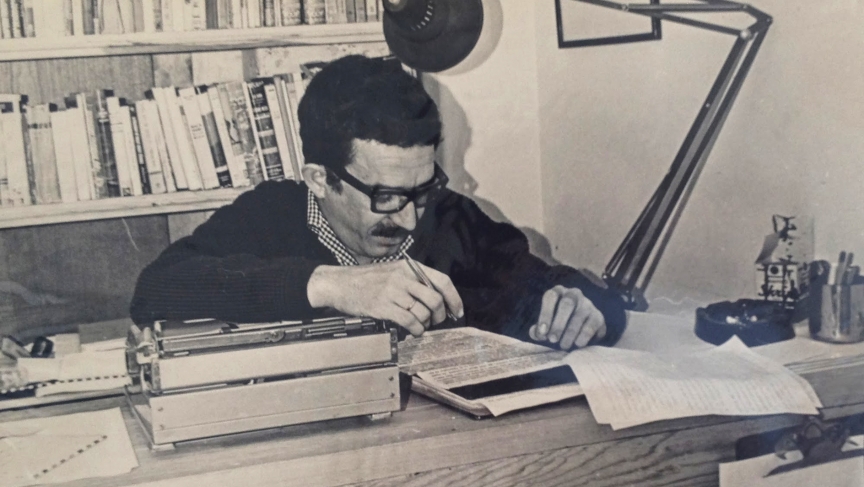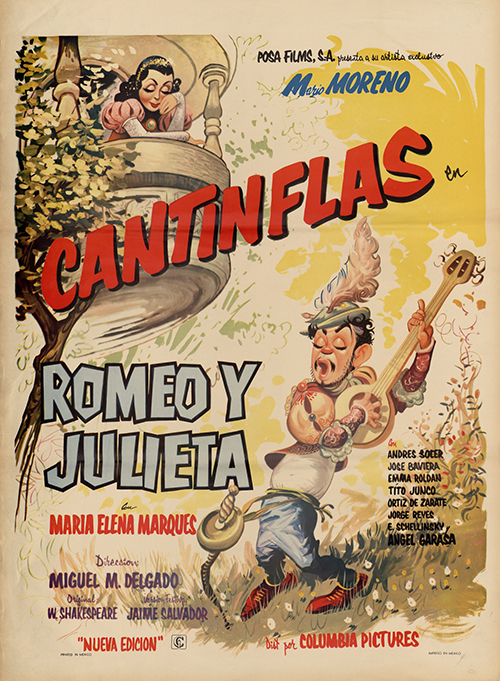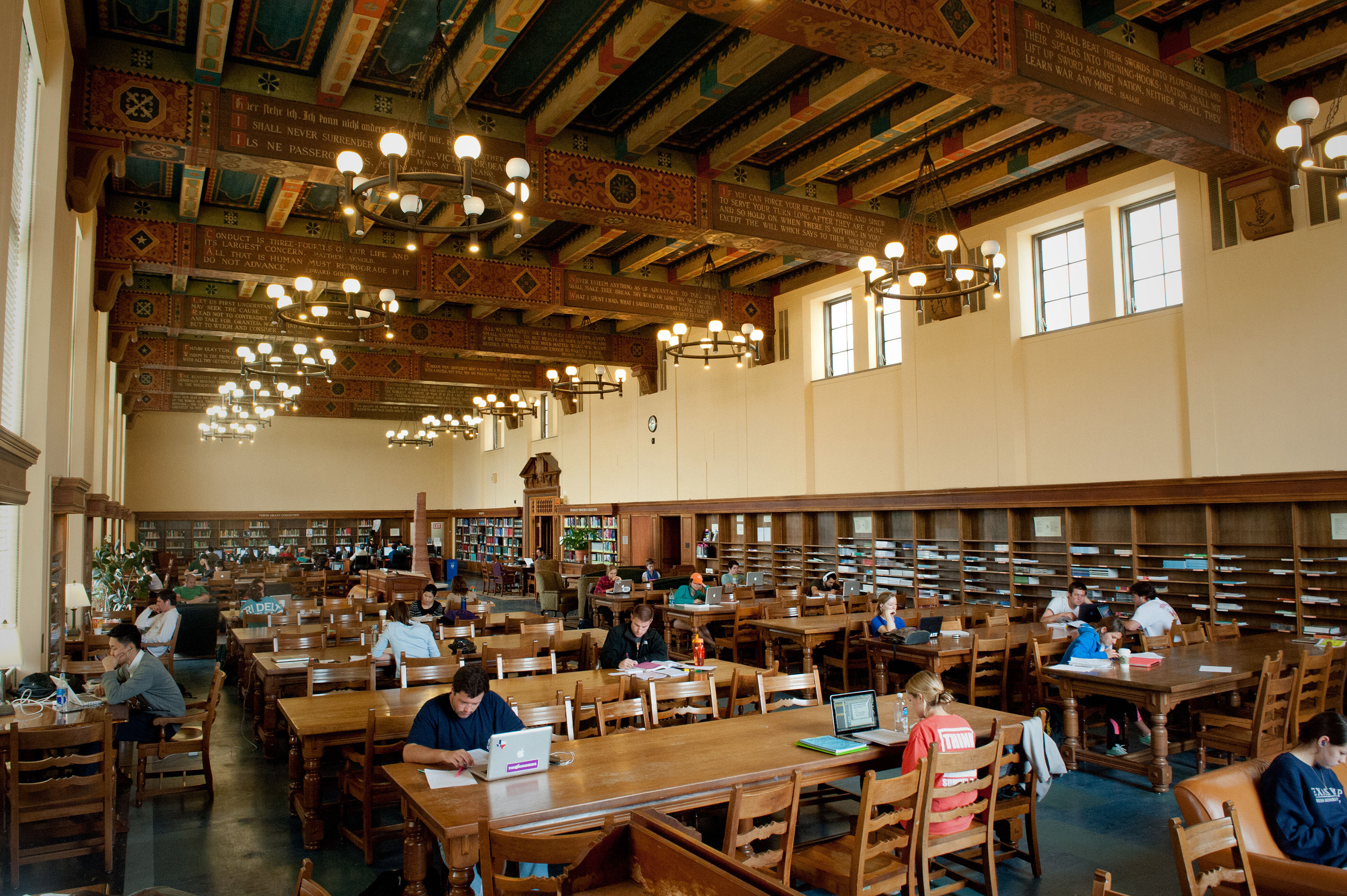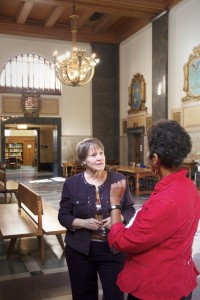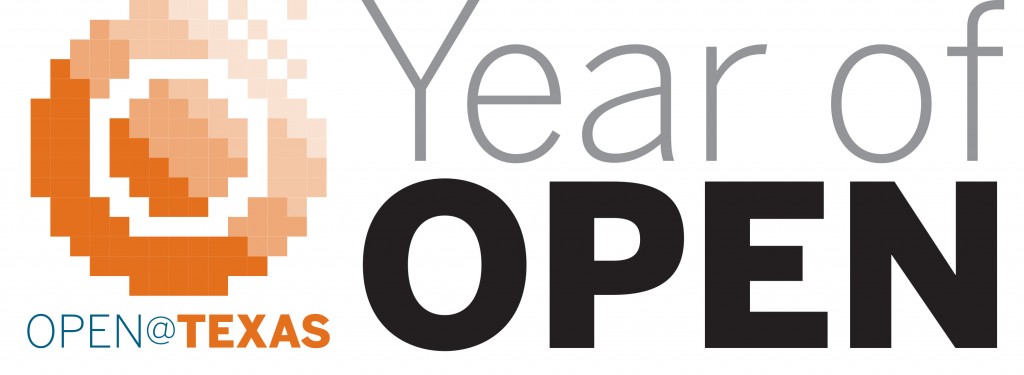
Just in the last month, the university has announced research achievements in areas as varied as digital neuroscopy, millennial socioeconomic demography, biofuel farming practices, new species discovery and engineering to improve physical therapy. It’s a testament to how much starts here that really does change the world that we are constantly moving on to the next discovery or innovation.
But the basis for these discoveries doesn’t just disappear into some massive warehouse never to be seen again. Especially in the age of digital preservation, even those materials that could easily have fallen victim to the ravages of time can now be reasonably saved for contemplation or further consideration at some point in the future.
Such is the case with a trove of audio recordings compiled by Communications professor Robert Hopper (1945-1998) documenting the most seemingly commonplace of activities — human conversation.
Over the span of decades, Hopper meticulously captured thousands of hours of person-to-person interactions, phone conversations and phone messages in an attempt to understand how we connect with each other in the most basic of ways.
Hopper’s research resulted in nine books, over sixty essays and numerous papers on the subject, but just as importantly, he left us with a sizable snapshot of how people shared space with each other during a particular era in which the telephone was a significant tool for conversation.
From voice to magnetic tape and now to a collection of ones and zeroes spread across time and distance, this information has been carefully preserved from its origination in the 20th century to today, and is available through the Libraries digital repository, Texas ScholarWorks, for anyone to access.
Established in 2008 as the University of Texas Digital Repository, Texas ScholarWorks was created to provide open, online access to the products of the University’s research and scholarship, preserve these works for future generations, promote new models of scholarly communication and deepen community understanding of the value of higher education.
Along with its recent renaming, the repository received a significant upgrade making it easier than ever to access, utilize and synthesize data and knowledge generated at UT for broadening our understanding of the world and of ourselves.
In such a way as to warrant a reconsideration of his work — made possible through endeavors like Texas ScholarWorks — Hopper presaged the increasing centrality of technology to the human experience in his 1992 book, Telephone Conversation:
“As citizens in the telephone age become increasingly summons-vulnerable, technical innovation transforms and constrains possibilities for speaking. In constructing summons and in answering them, we use resources already available in the speech community. But adaptation to this new medium alters communications patterns that are among our most priceless community resources. Ecological pollution may strike semiotic systems as well as air and water. We experiment on ourselves by using the telephone which may be the electronic medium that transforms its users the most thoroughly.”
